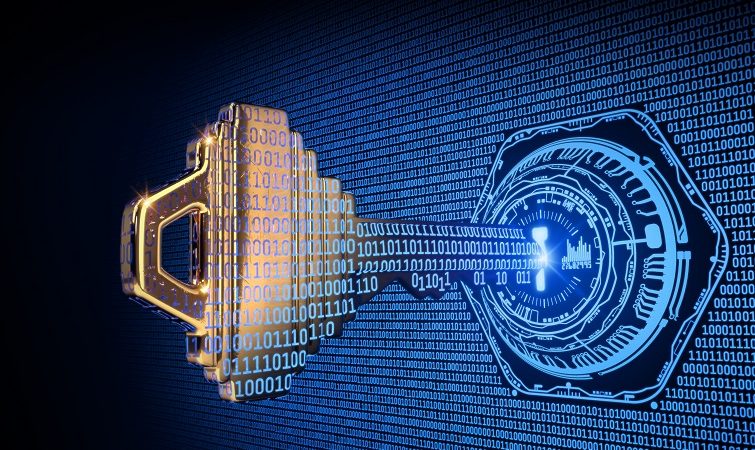Cleber Ribas, CEO, Blockbit, explains that cybersecurity needs to assume an increasingly central role in the progress of modernization initiatives for government administrations.

Hyper-connected cities with applications, systems and automation from traffic management to hospital service strategies are more than a future trend but a new reality beginning to take place in the real world.
Across the planet, there are already numerous examples of Smart Cities, with programs committed to combining different technologies and concepts to streamline public management and improve the citizens’ quality of life.
In this scenario, three Ds are essential: Digital, data and user or citizen-centered design. As plans involving these three aspects progress, however, it also becomes necessary to remember another critical item for the progress of the Digital Transformation of the public environment: Conscious and safe use.
It is why cybersecurity needs to take on an increasingly central role in developing initiatives to modernize government administrations at all levels. It is interesting to consider it not as a stand-alone project but as a proactive and ongoing agenda.
According to Gartner, by 2024, 60% of government investments in Artificial Intelligence (AI) and data analysis will aim to impact real-time operational decisions and results. Therefore, nothing is more important than ensuring that records are protected.
After all, it is always important to note that while digital solutions are transforming, it is equally correct that digital channels are increasingly suffering various attacks that can compromise information security.
It is worth noting that research from different organizations indicates that the government sector is one of the segments that receive the most attempts at virtual attacks among all spheres. The more the Internet becomes part of government operations, the more meaningful it will be for technology and management teams to find ways to optimize content security.
To keep up with this trend, Smart Cities must be built with a strategic mindset from the beginning of their projects to take full advantage of hyper-connectivity while reinforcing the protection of the records and assets that make up the public machinery. This concept, known as Secure by Design, is vital to enable the creation of truly prepared and scaled layers of cybersecurity to protect collaboration between people, systems and technologies.
According to Statista, the Smart City industry expects to generate more than US$ 241 billion in 2025. Much of this investment will be due to the intensive use of advanced technologies such as the Internet of Things (IoT), Big Data, cloud computing and Virtual Reality (VR). Alongside these technologies, however, digital security must also be a priority.
For cities seeking to become smart, from cross-referencing public lighting data to evaluating public safety or education, their IT leaders should understand how their vendors protect the solutions offered. And, of course, offer technology that helps users in the battle to mitigate all network vulnerabilities.
This approach of thinking about cybersecurity as a principle of projects can help public and private organizations involved in the processes of a Smart City to learn more about what matters indeed to improve the quality of life of their inhabitants, as well as discover how to make their technology investments more sustainable, innovative and competitive.
The expansion of Smart Cities is fundamental for Brazil to unlock its technological potential and lead the world in contemporary innovation.
Brazilian bill number 976/2021, which guides the basis of Smart Cities in the country, is good news and shows that there is already an incentive to stimulate the development of this movement on a national scale, with pathways for us to take advantage of the potential of the latest technologies.
Hyper-connected infrastructure can support city management and strengthen access to information and technological solutions in urban environments for citizens. For this reason, they must align with the principles of safe Internet use. Digital security is an area that deserves special attention from public and private organizations in all countries and all cities. There is no better time than election time to bring this debate to the fore.
Fortunately, just as new technologies are emerging, the cybersecurity industry has also evolved, bringing innovations to help maximize the protection of people and smart cities. It only remains to encourage more of them to advance on this journey, understanding that security is also one of the keys to Digital Transformation.


